12 influential Christians who once doubted God’s existence – Struggling with faith
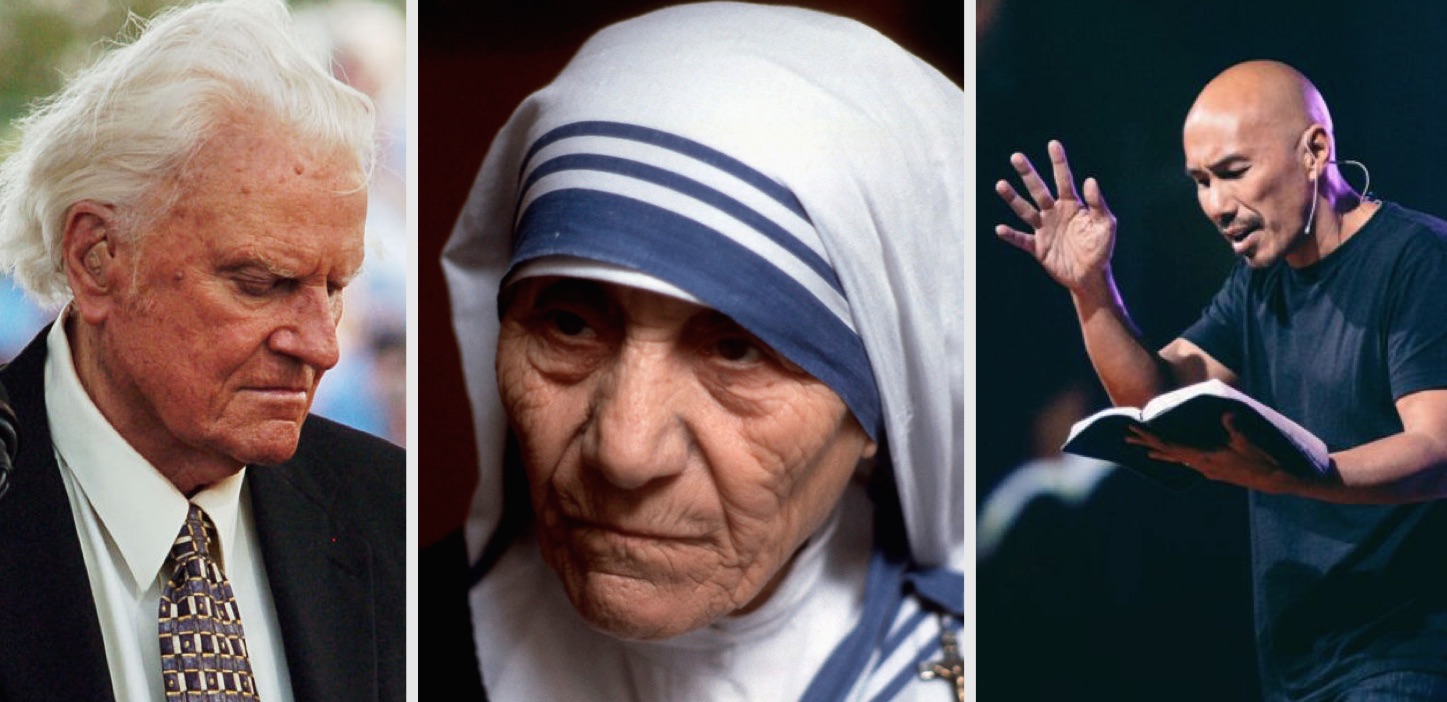
Be Smart and Relentless!
Subscribe to receive updates on the latest faith-based success tips, cutting-edge entrepreneurial concepts, and exciting opportunities.
When you see all the injustice, cruelty, and evil that are all so prevalent in this world, a more cynical worldview is to be expected. From any number of reasons, this cynicism can even turn to a total lack of faith in God and His plans and perhaps even a doubting of His existence. No one is immune from this dip of faith, not even men of God.
“Consider it pure joy, my brothers and sisters, whenever you face trials of many kinds, because you know that the testing of your faith produces perseverance.” – James 1:2-3
If you find your faith dwindling do not be discouraged. Ask God to comfort you and he will.
In this article, we will be taking a look at 10 men of God who – in one point of their lives or another – doubted God’s existence.
1. Francis Chan – (Born August 31, 1967)

“I’m still struggling with some of my doubt, still struggling with some of my joy,” the American preacher said during the opening session of 2013’s Exponential Conference in Orland, Florida. The pastor and Founder and Chancellor of Eternity Bible College has shared his experiences with doubt in more than one scenario. During his sermon Cornerstone Church Simi Valley titled The Holy Spirit’s Power and Our Effort Pt. 2, one of his opening lines was “There are times that I, Francis Chan, doubt my salvation. There have been times in my life when I’ve even doubted the existence of God.”
For Chan, times of doubt are perfectly normal. These drops of faith to him stem from the lack of strength in his prayer life. As such, with the same principle, he advises that doubt can be overcome by stronger prayer and immersing yourself more in the Word.
2. John Calvin – (Born 10 July 1509 – Died 27 May 1564)

For John Calvin, one of the fathers of Protestantism, doubting your faith is something to expect, not something to fear. Doubt, according to Calvin, was a part of his faith experience, even stating in his seminal work Institutes of the Christian Religion that “… unbelief is, in all men, always mixed with faith.” Calvin understands that spiritual doubt manifests itself because ideas about God are usually above and beyond the capacity of human nature. From the same book, the reformer has one line in particular that best describes his ideals about belief and doubt: “For unbelief is so deeply rooted in our hearts, and we are so inclined to it, that not without hard struggle is each one able to persuade himself of what all confess with the mouth: namely, that God is faithful.”
Despite being written in the 16th century, Calvin’s works such as the cited Institutes of the Christian Religion are still widely studied by theologians today. Despite dabbling in doubt and unbelief, it is undeniable that Calvin’s work as a principle figure in Calvinism and Protestantism in general brought the understanding of faith closer to the average believer – or unbeliever.
3. Billy Graham – (Born November 7, 1918 – Died February 21, 2018)

“Billy, you’re fifty years out of date. People no longer accept the Bible as being inspired the way you do. Your faith is too simple. Your language is out of date. You’re going to have to learn the new jargon if you’re going to be successful in your ministry,” these words, along with an unsuccessful evangelism crusade in Altoona, Pennsylvania, brought Billy Graham to doubt his mission as an evangelist. Though not doubting God’s existence itself, Graham started to question the truthfulness of the Bible. As such, he considered giving up his vocation.
It was at one night when Graham walked out into the woods and set his Bible upon a tree stump when he cried out to the lord: “O God! There are many things in this book I do not understand. There are many problems with it for which I have no solution. There are many seeming contradictions. There are some areas in it that do not seem to correlate with modern science…”
These are sentiments that most non-believers share. The Bible is a complex book that sometimes might raise more questions than answers. To fully grasp the essence of the Word of God, one needs to drop all intellectual limitation and embrace it based on faith alone. Suddenly, Graham understood all this. Moved by the Holy Spirit, he fell into his knees:
“Father, I am going to accept this as Thy Word—by faith! I’m going to allow faith to go beyond my intellectual questions and doubts, and I will believe this to be Your inspired Word!”
4. Charles Spurgeon – (Born 19 June 1834 – Died 31 January 1892)
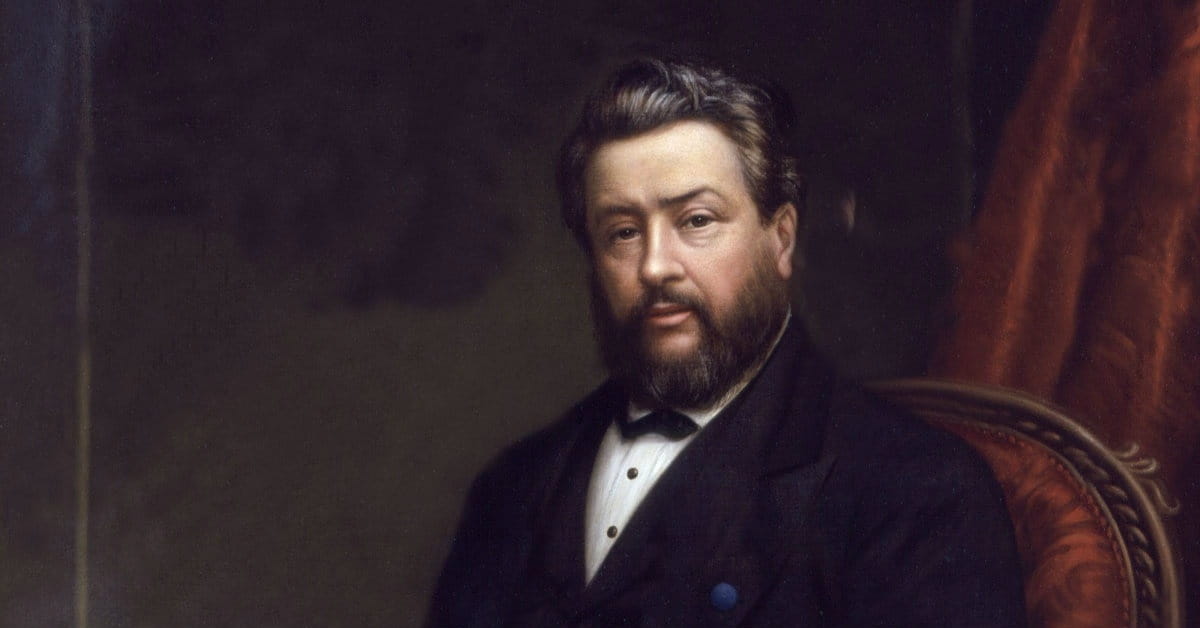
Despite saying that “I do not preach doubtingly, for I do not live doubtingly,” the great Baptist preacher believes that we are all at risk of falling into bouts of doubt and unbelief. Even going as far as saying that “I do not believe there ever existed a Christian yet, who did not now and then doubt his interest in Jesus…”
To Spurgeon, to doubt the gift of salvation is human and as such: an essential part of belief. Weariness and doubt both affect even those with the strongest of faiths. Even despite writing and preaching about trusting God’s plans, the Prince of Preachers was not free of doubt himself:
“I must confess here, with sorrow, that I have seasons of despondency and depression of spirit, which I trust none of you are called to suffer, and at such times I have doubted my interest in Christ, my calling my election, my perseverance, my Savior’s blood, and my Father’s love.”
5. Pope Francis – (Born 17 December 1936)

Undoubtedly, the leader of the Catholic Church is one of the most influential people of this age – both inside and outside the Catholic faith, even being named the Person of the Year by TIME Magazine back in 2013.
However, Pope Francis, such as the other entries in this list, believes that there is more to doubt in faith than meets the eye – even confessing that he himself was plagued with it at one point in his life.
“Who among us—everybody, everybody!—who among us has not experienced insecurity, loss and even doubts on their journey of faith? Everyone! We’ve all experienced this, me too. It is part of the journey of faith, it is part of our lives. This should not surprise us, because we are human beings, marked by fragility and limitations. We are all weak, we all have limits: do not panic. We all have them.”
According to the pope, doubt is an essential part of faith. Certainty, to him, is ungodly; that being certain and having answers to all the questions means that one is a false prophet that uses religion selfishly. Instead, one should always be humble enough to leave room for doubt and steer clear of certainty.
6. Anne Lamott – (Born April 10, 1954)

“I have a lot of faith. But I am also afraid a lot, and have no real certainty about anything,” the controversial but highly successful author writes. For Lamott, her coming to faith is not one giant leap but a series of staggers between places to grow in faith. On this matter, she writes in her book Traveling Mercies: Some Thoughts on Faith that “Like lily pads, round and green, these places summoned and then held me up while I grew. Each prepared me for the next leaf on which I would land, and in this way I moved across the swamp of doubt and fear.”
For believers and even non-believers, the novelist, teacher, and speaker’s take on faith is as interesting as it is provocative. The mix of humor, faith, and optimism in her work is not exactly about finding the easy answers, even writing about doubt in several of her novels. On the topic of certainty being the opposite of faith instead of doubt, “Certainty is missing the point entirely. Faith includes noticing the mess, the emptiness and discomfort, and letting it be there until some light returns.”
7. Mother Teresa – (Born 26 August 1910 – Died 5 September 1997)
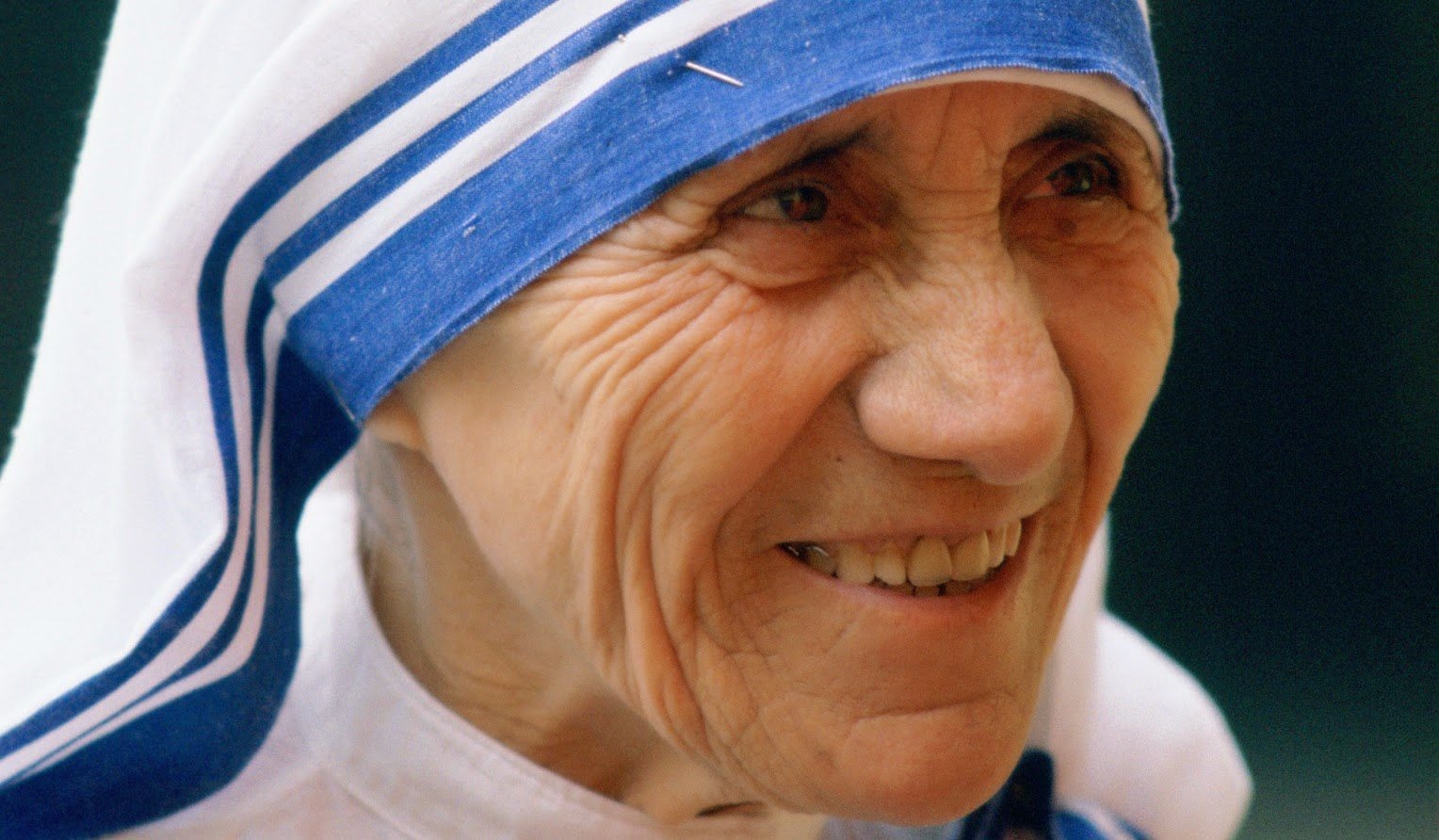
Despite being a major figure in faith today, even Mother Teresa of Calcutta was not immune to struggles with doubt.
A book of her letters printed posthumously shows that she frequently wrote about fears and not hearing from God. Dubbed the “dark letters,” the letters show her doubt of faith in various forms. In one letter in 1959, she writes “If there be no God — there can be no soul — if there is no Soul then Jesus — You also are not true.”
She even lost the will to pray at times, “I utter words of community prayers — and try my utmost to get out of every word the sweetness it has to give — but my prayer of union is not there any longer — I no longer pray.”
An important lesson could be learned from Mother Teresa’s feelings of loneliness and doubt: in times of wavering faith, the best thing to do is not to not falter in your devotion to your calling. Dips in faith are normal, but to brave through it and come out with an even stronger, refined trust in His work and Word is what every Christian should do.
9. Martin Luther – (Born 10 November 1483 – Died 18 February 1546)

Even the Father of Protestantism himself has had tests of doubt. To some theologians, this makes the reformer much more relatable as a religious figure than most. However, a big difference between Martin Luther and the other entries in this list is that his doubt did not lie on whether God existed or not; his doubt lied with his character. His fear that his sinfulness would pull him further from God helped shape his radical ideas of salvation.
According to historian David Steinmetz, Luther “doubted his own faith, his own mission, and the goodness of God—doubts which, because they verged on blasphemy, drove him deeper and deeper into despair.” This despair and self-doubt even led to him almost dying, according to fellow reformer Philip Melanchthon.
As with Mother Teresa, the dark nights of Luther’s spiritual life developed him to his calling even more; even aiding in his vocation and his eventual legacy and contribution to contemporary Christianity.
10. C.S. Lewis – (Born 29 November 1898 – Died 22 November 1963)

Lewis, known for works of fiction such as The Chronicles of Narnia and The Screwtape Letters, is also one of contemporary Christianity’s key figures. The Christian apologist’s religious work included Mere Christianity and Miracles. The writer was also not unfamiliar with writings about doubt, having written in the Mere Christianity that “Faith, in the sense in which I am here using the word, is the art of holding on to things your reason has once accepted, in spite of your changing moods… That is why Faith is such a necessary virtue: unless you teach your moods ‘where they get off’, you can never be either a sound Christian or even a sound atheist.”
On the other hand, C.S. Lewis also made very valid and intellectual points on the existence of God. Also in Mere Christianity:
“My argument against God was that the universe seemed so cruel and unjust. But how had I got this idea of just and unjust? A man does not call a line crooked unless he has some idea of a straight line. What was I comparing this universe with when I called it unjust?”
Lewis’ life was a very interesting one. He had his share of controversial beliefs but without a doubt, his mark on modern Christianity is just one of his many great achievements.
11. JOHN THE BAPTIST
One needs to look no further than the Bible to read stories of faith and challenges of doubt in it. Surprisingly, though, one of these characters is no other than John the Baptist.
John was the one who baptized Jesus. He had complete faith that Jesus was the Messiah. However, in Matthew 11:3 and Luke 7:19, John the Baptist sent messengers to Jesus to ask: “Are you the one who is to come, or should we expect someone else?”
John the Baptist’s doubts had merit. It was reasonable for him to have these doubts for during this time, he was in prison for over a year and awaiting execution. On top of that, Jesus was being rejected by the leaders of Israel and was not being believed to be the Messiah.
When Jesus received his message, He did not rebuke John the Baptist. He understood completely the struggle of John and why he was facing these doubts. From this, we can see that even during Jesus’ time, doubt and faith go hand in hand.
12. THOMAS THE APOSTLE
So the other disciples told him, “We have seen the Lord!”
But he said to them, “Unless I see the nail marks in his hands and put my finger where the nails were, and put my hand into his side, I will not believe.”
John 20:25
Even one of Jesus’ own disciples was not immune to doubt. Despite having spent years learning and travelling alongside Jesus and witnessing His miracles, Thomas still doubted His resurrection.
In fact, the term doubting Thomas refers to the apostle and how he refused to believe that Jesus was back without seeing Him first hand! Eventually, Thomas saw Jesus alive and well and all doubt in doubting Thomas was set aside. This just goes to show that even the people with the strongest faiths are not immune to drops of it as well!
Additional
If you want to increase your faith read this article – 100 ways to become a better Christian
Author
%s Comment
Comments are closed.
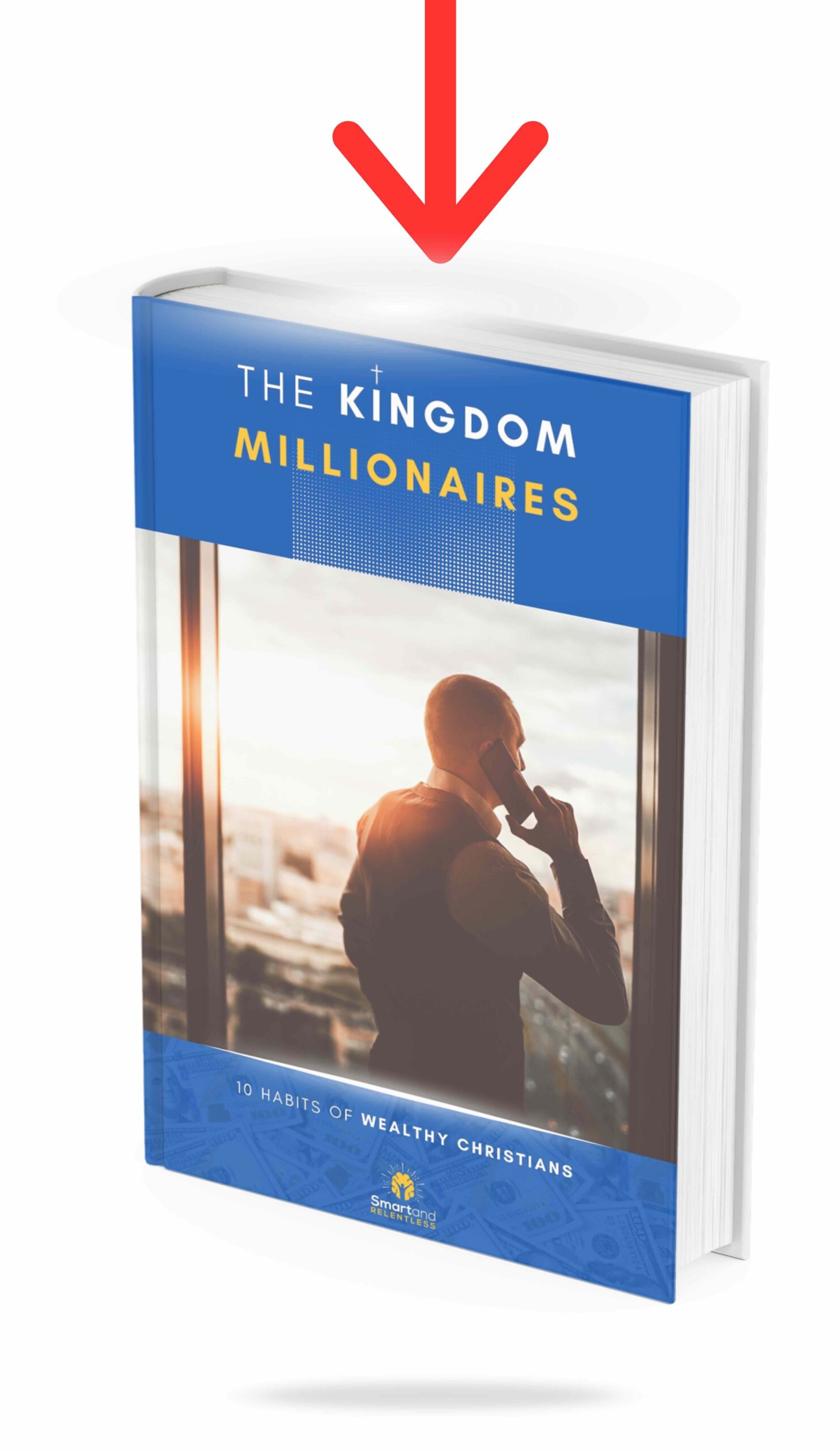
Recent Posts
Related Articles
How to balance faith and a busy lifestyle
In today’s fast-paced society, many Christians struggle to find time for God...
ByAdminSeptember 26, 2024How to be unstoppable in Christ
Being in Christ grants you a profound advantage that surpasses anything this...
ByAdminAugust 25, 202410 Ways to Attract God’s Blessings in Your Life
Blessings are often seen as divine gifts that bring positivity, abundance, and...
ByAdminNovember 27, 202350 Prayers to Destroy Demonic Attacks – Spiritual Warfare Breakthrough
In a world filled with both visible and invisible battles, we often...
ByAdminNovember 27, 2023


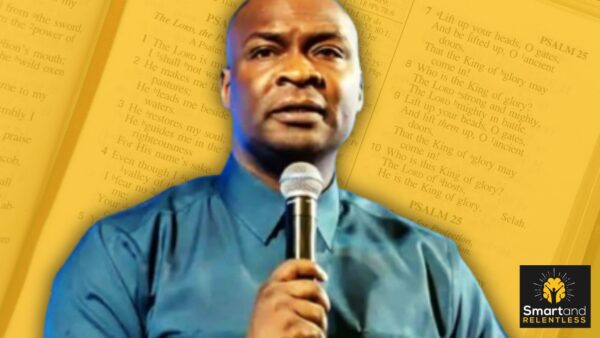








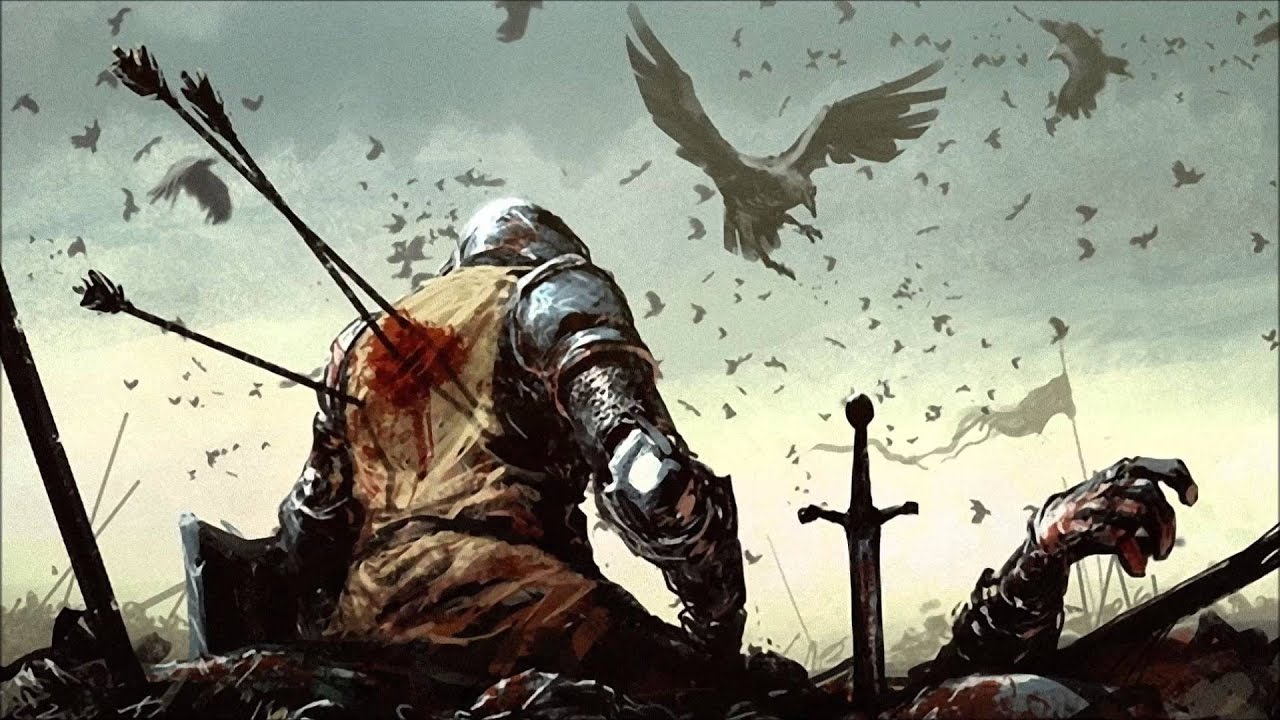

https://uploads.disquscdn.com/images/d46544609ae3bcdd1b9f355d4189a9b9f000a07bd388e02b99b82d94bfa165c9.jpg